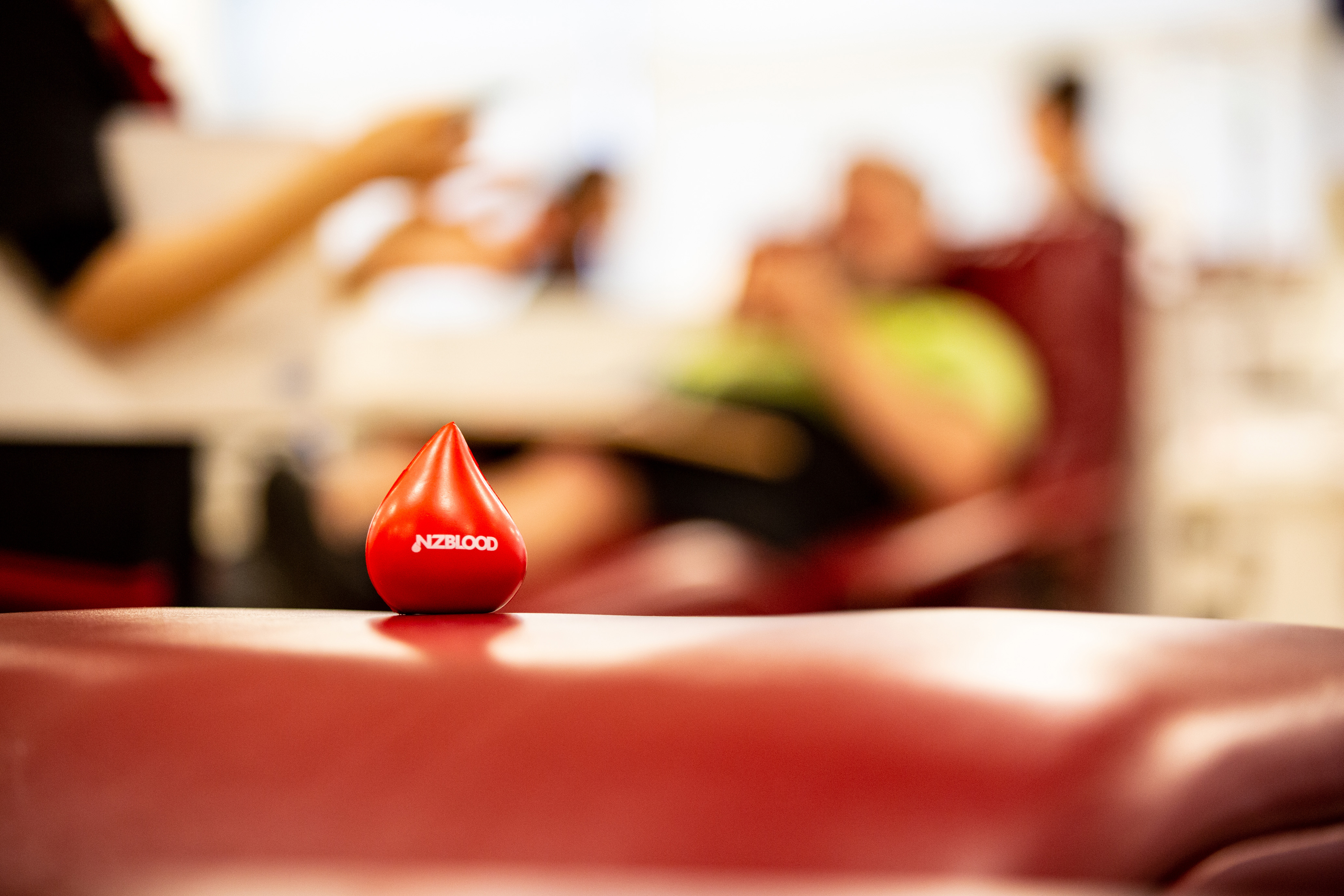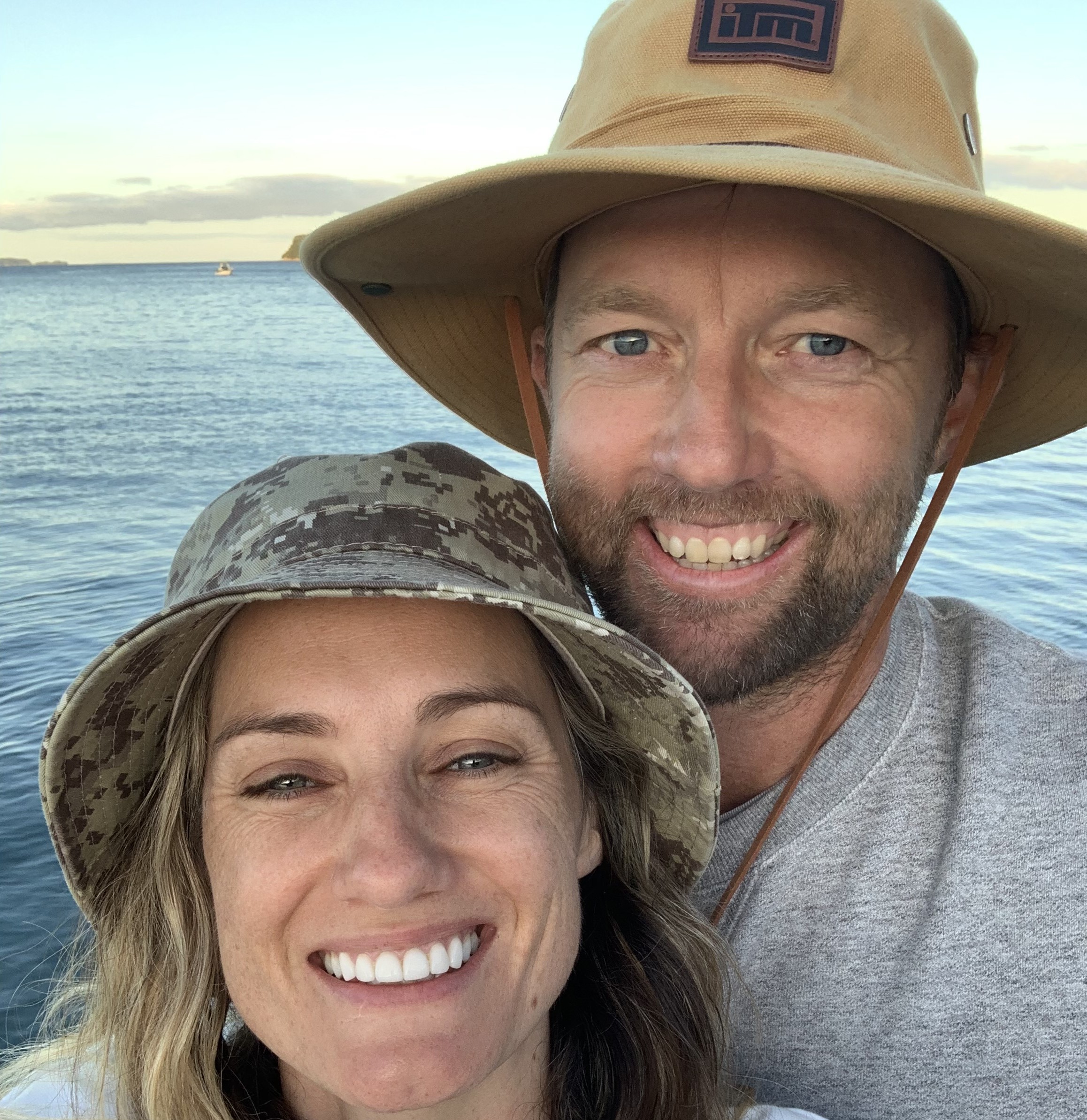News
Report supports changing rules for blood donation
Media release
A new report out of the University of Auckland offers evidence that supports allowing more gay, bisexual, takatāpui and other men who have sex with men to donate blood.
Three times the current number of gay and bisexual men could donate blood if New Zealand’s rules were updated to align with those in Canada and the UK, according to new research from the University of Auckland.
The survey of 3,253 gay, bisexual, takatāpui and other men who have sex with men found, under the current rules, only 13 percent would be allowed to donate blood, whereas if the blood policies in the UK and Canada were applied, that rate would rise to 41 percent.*
“It’s now time to improve New Zealand’s blood donor rules,” says Associate Professor Peter Saxton, lead investigator at the School of Population Health, Waipapa Taumata Rau, University of Auckland.
“This would allow more gay and bisexual men to participate in an important civic act, and it would benefit all New Zealanders who need blood, without compromising safety,” Saxton says.
The same research found most (82 percent) of survey respondents were interested in donating blood, and 43 percent had donated blood in the past.
Of those who had donated, most were older participants who had done so a long time ago, or were younger participants who’d donated blood recently, for example before they were sexually active.
When asked about the current policy, approximately three-quarters of participants felt the current New Zealand policy was unfair and discriminatory.
Most (79 percent) believed that donating blood would allow them to contribute to society. Few (11 percent) felt that their own blood would pose a risk to others.
“Even though participants felt the current policy was wrong and outdated, a reassuring finding was that compliance was almost universal,” says Dr Saxton.
Currently in New Zealand, men who have had anal or oral sex with another man in the past three months are excluded (“deferred”) from donating blood, because of the risk of passing on undiagnosed HIV.
Saxton explains the blood screening processes may not pick up very recently acquired HIV – within an eight-day period.
However, people in monogamous relationships or who have not had anal sex with new or multiple partners in the previous three months would not pose a risk to the blood supply.
Recently, policies in Canada and the UK for donating blood have changed to reflect new developments in screening.
The findings of the new research have been written up in a community report that will be launched at a Pride Festival event on Thursday 8 February.
The Sex and Prevention of Transmission Study (SPOTS) is led by Waipapa Taumata Rau, University of Auckland in partnership with the University of Otago and community organisations Burnett Foundation Aotearoa, Body Positive Inc, Te Whāriki Takapou and the NZ Blood Service.
Another aspect of the research was collecting dried blood samples to estimate how much undiagnosed HIV there is in the community. While that study is still to be published, Saxton says the interim findings indicate there’s a negligible amount.
“Overall, our findings show that gay and bisexual men value the right and responsibility to donate blood and are an untapped population. Many are willing to cooperate and help, if invited to,” says Dr Saxton.
The only catch is that, while 81 percent of gay and bisexual men said they intended to donate blood if they became eligible in future:
“In the open-ended responses, some participants weren’t sure if they could trust the blood service to welcome them, given what participants perceived as a long history of unjustified exclusion.
“It suggests the NZ Blood Service needs to rebuild relationships with the gay community, if they want to get the most out of a future policy change,” says Dr Saxton.
Asked about future policy options, most participants (86%) were willing to be asked more detailed personal questions about HIV risk behaviours, if it meant they could donate blood sooner.
The study authors recommended that the NZ Blood Service move swiftly to improve New Zealand’s policy, using the recent UK and Canadian policy changes in 2021 and 2022 respectively as potential models.
NZ Blood Service Chief Medical Officer Dr Sarah Morley says the Blood Service is committed to change and working towards introducing an individualised risk assessment when screening potential blood and plasma donors – one that is more inclusive and will enable men in single-partner relationships with other men to donate.
“The results from SPOTS represents a significant step on the pathway to change. It provides NZBS with valuable insights into the safe sex practices of men who have sex with other men in Aotearoa, providing important supportive evidence that moving to a more individualised risk assessment in New Zealand will not compromise the safety and quality of the blood we supply to patients.
“We’re excited to start the journey of change and about the prospect of being able to welcome more gay, bisexual, takatāpui and other men who have sex with men into our whānau of lifesavers in the future. This process is going to take time, but we’re committed to making change.”
*Numbers rounded to zero decimal places.
Frequently asked questions
Q. Other blood services have shown that a move to a more individualised donor risk assessment does not compromise the safety of blood and plasma. Why can’t you just follow in their footsteps and implement the change now?
A. It’s not as straightforward as that and there is a process that must be followed.
Firstly, our clinical team is required to complete a review and detailed risk assessment that is informed by data that is specific to New Zealand. The results from the Sex and Prevention of Transmission Study has provided the New Zealand-specific data that we can use in conjunction with other peer-reviewed medical evidence from other international blood service providers against which we benchmark ourselves to complete this work.
Regulatory approval from Medsafe and an assessment by our plasma manufacturing partner (CSL Behring) to identify if any technical changes are needed is also a requirement before any change to donor eligibility criteria.
Q. I understand there needs to be a change to testing. Does this need to happen before a submission recommending a change to the MSM criteria in New Zealand is made to Medsafe?
A. The Medsafe submission recommending a change to the MSM criteria in New Zealand will be made before the new testing regime is in place. Our plan is to make the submission while we put in place the changes needed to deliver the additional testing requirements.
Should Medsafe approve our submission, any change to this donor deferral won’t be able to be implemented until we have updated our testing programme. We anticipate the change to our testing will be implemented in 2025.
Q. What is the change to testing?
A. The testing that we will put in place is an extension of our current nucleic acid testing (NAT) for viruses. We will be switching to a testing regime that has been used for a few years in commercial plasma processing called 5-NAT.
Expanding our testing regime will put us in a strong position to consider other changes to the plasma donor eligibility criteria in future.
Q. Have other blood services who have moved towards an individualised risk assessment when screening donors had to do this?
A. Yes, blood services overseas that make plasma products using fractionation have already, or are in the process of, implementing this change to testing.
For more information, including additional FAQs, click here.
Media Contacts
Associate Professor Peter Saxton
M: 027 604 1930
E: p.saxton@auckland.ac.nz
FMHS media adviser Jodi Yeats
M: 027 202 6372
E: jodi.yeats@auckland.ac.nz
SPOTS website www.spots.org.nz
Network Communication – Sandy Trigg (on behalf of New Zealand Blood Service)
M: 021 231 9406
E: Sandy.Trigg@networkcommunication.co.nz
Published: 2024-02-08


